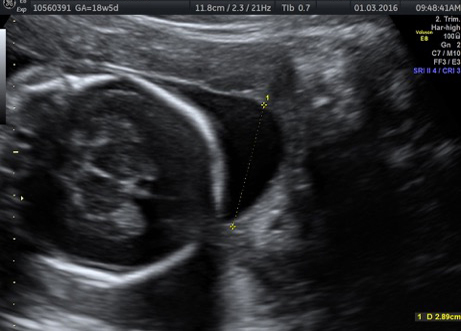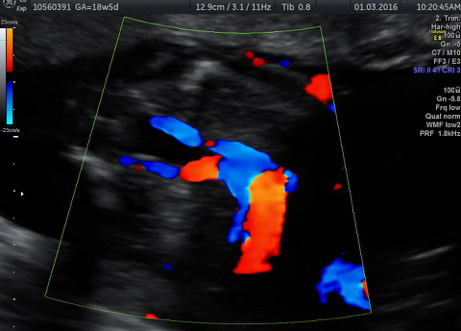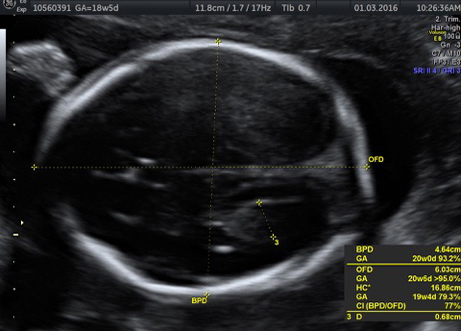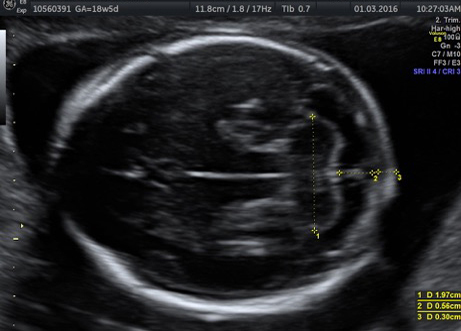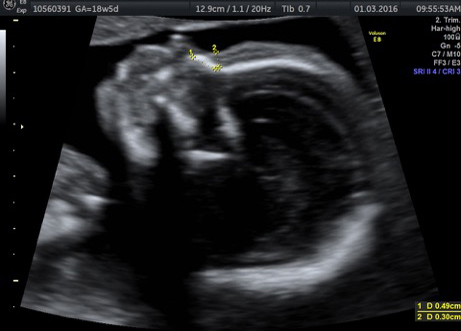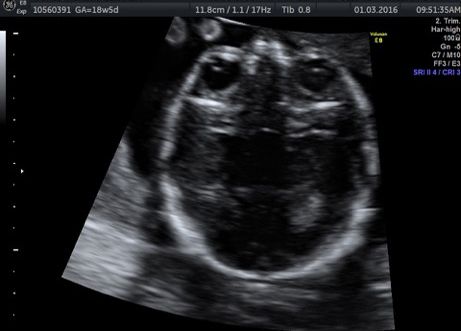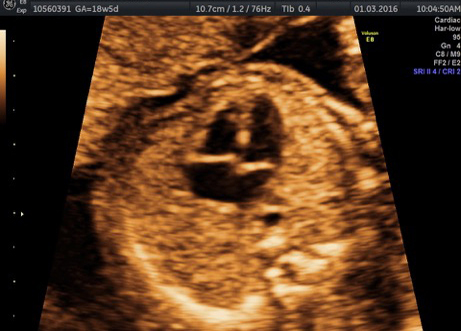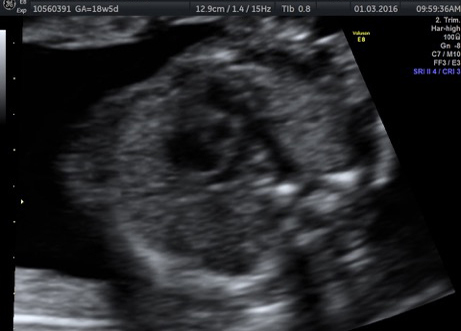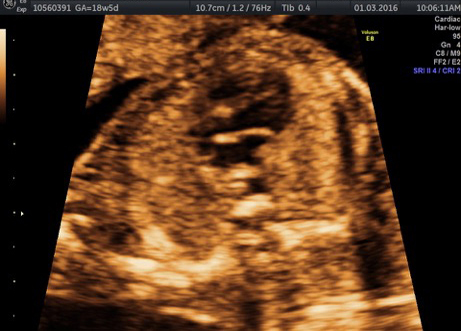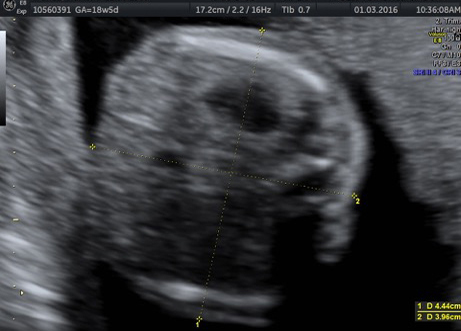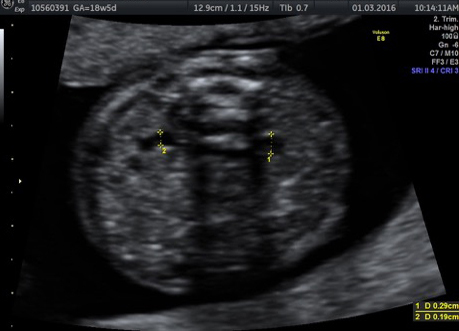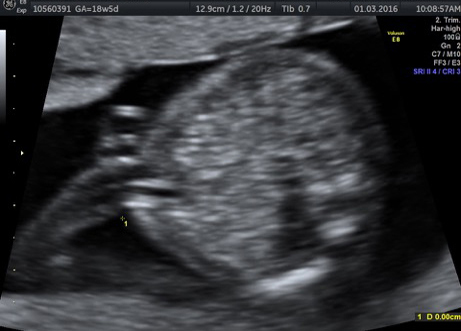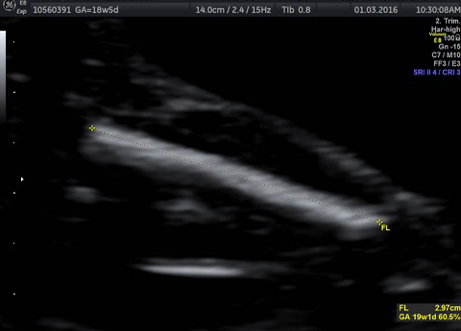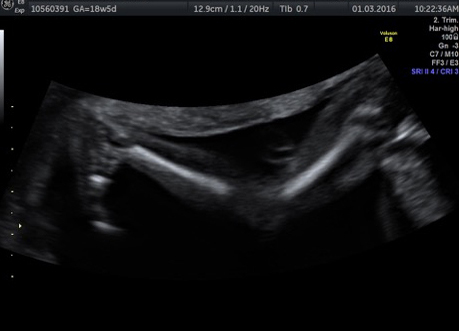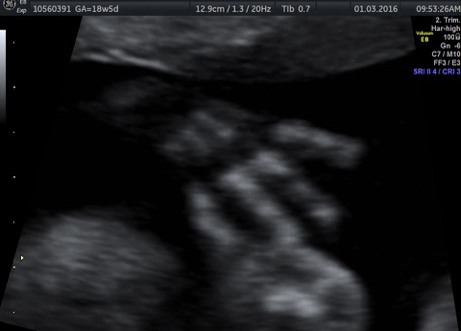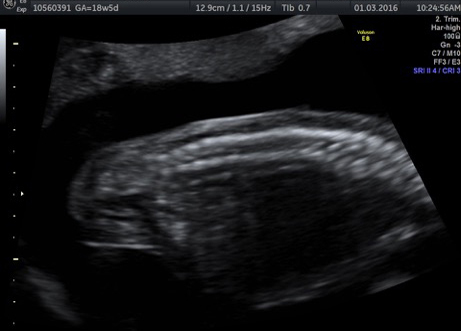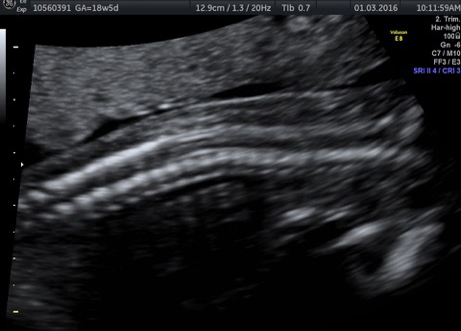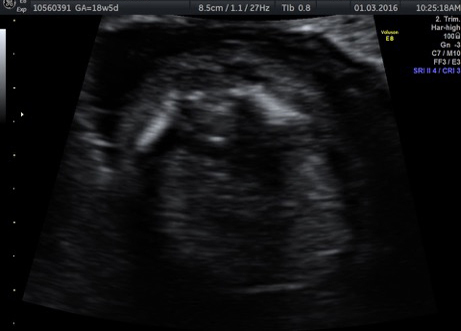Omphalocele is a defect of the abdominal wall that causes organs, particularly the liver and intestines, to protrude out of the body through the navel. The organs are covered with a thin membrane called an omphalocele sac.
During early pregnancy, as the intestines grow, they extend into the umbilical cord. Usually, they go back into the abdomen by 11 weeks of gestation. If they do not, an omphalocele forms. The defect may involve only the intestines or several organs.
Omphaloceles may stunt growth of the abdominal cavity, cause infection, lessen lung capacity or block blood flow to the protruding organ.
The problem generally is diagnosed before birth by routine blood tests, which may show a high level of alpha-fetoprotein (AFP), or ultrasound.
Treatment depends on the size of the defect and the organs involved. Fetal surgery is sometimes possible. In other cases, a series of surgeries beginning shortly after birth may be necessary.




